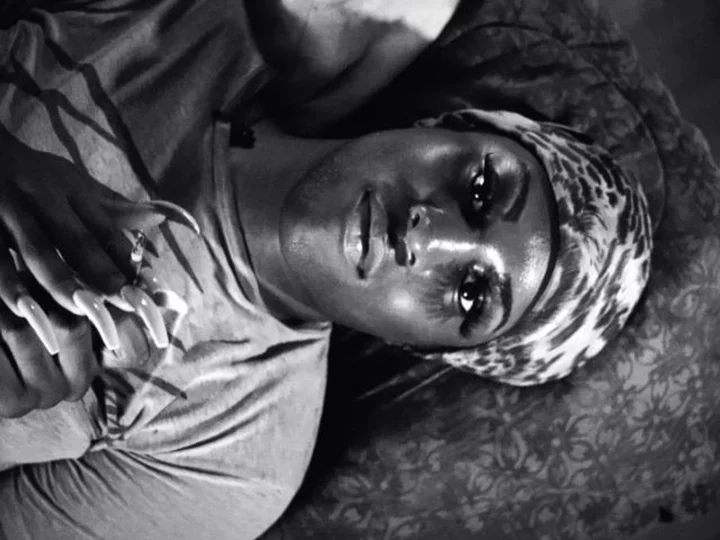Director D. Smith couldn't be happier about her new documentary, "Kokomo City," being compared to 1990's "Paris Is Burning."
"I think it's a tremendous comparison because 'Paris Is Burning' was so groundbreaking when it happened," she recently told CNN. "I will never forget the first time I saw it, so for people to compare such a film to what I've done with my first film, I'm just blown away by that."
"Paris Is Burning" gave the world a glimpse into the ballroom culture in New York City, shining a spotlight on the LGBTQ+ community of the mid-to-late 1980s there.
Smith's film does the same for Black transgender sex workers in New York City and Atlanta today.
The film is raw and unflinching, featuring discussions that range from the danger the women often face to the men who are secretly attracted to and patronizing them. It's already won two awards at the Sundance Film Festival and made headlines, unfortunately in part due to a tragedy.
One of the women who appears in the film, Koko Da Doll, was reportedly shot to death in Atlanta in April. Smith said it's been "very tough" losing her even though the pair didn't know each other prior to filming.
"When I met Koko she cried within 30 seconds to a minute of us talking," Smith said. "She put on this whole thing of trying to be so tough and having it together, but she was the sweetest, biggest teddy bear in the whole film and her vulnerability, I was just drawn to it."
Sadly, Smith said that were it not Koko Da Doll, "some other trans woman in Atlanta" would have been murdered, which factored into her desire to peel back the curtain on the reality of the lives of those like her -- a reality that does include the possibility of violence.
"Koko's passing really created an even higher urgency to tell this story and to release this film," Smith added.
If her scenes with the women feel feel incredibly intimate, it's because Smith related to her subjects as a trans woman herself.
A former music producer, she says she was blackballed from the industry following her transition.
Her desire to tell the stories of trans women who had to turn to sex work came from her own experience of how difficult it can be to find employment in a world that is sometimes far from accepting.
Plus, Smith said, she believes that on some levels the trans experience has become "boring to people."
"I'm glad that people want us protected," she said. "But when you make us into superhuman, untouchable, intangible, unreachable people, we experience animosity, you know?"
Liyah Mitchell, a trans woman who appears in the film, told CNN it's time to tell such stories because "we can't continue to sweep it under the rug or act like transgender women do not exist, sex workers do not exist of all walks of life."
"This is the conversation that was needed. This is monumental, this is something to start a movement," she said. "There are a younger generation of transgender kids and people coming up that want to see people on TV that look like them. So I feel like this is the perfect opportunity to make us more relatable and to show us in a positive way."
Dominique Silver also appears in the film and was happy with the tone it set in terms of the need for mutual respect between Black women and Black trans women.
"We grew up with and I grew up with Black women," Silver said. "My mother, to me, she is, was, the ultimate and I've always wanted to be a Black woman, a Black trans woman. And there's no beef between us. Like, if we join together and instead of being so apart, imagine what we can do."
Mitchell said that projects such as "Kokomo City" are much needed given the current political climate in which LGBTQ+ rights are increasingly being rolled back with discriminatory laws placed on the books.
"I'm hoping that maybe this could put us into the right direction of having topics to break down those stigmas and normalize trans people in society," she said. "So maybe we can help get some of those laws and stuff dismantled."
"Kokomo City" is out in theaters in limited release on Friday.

